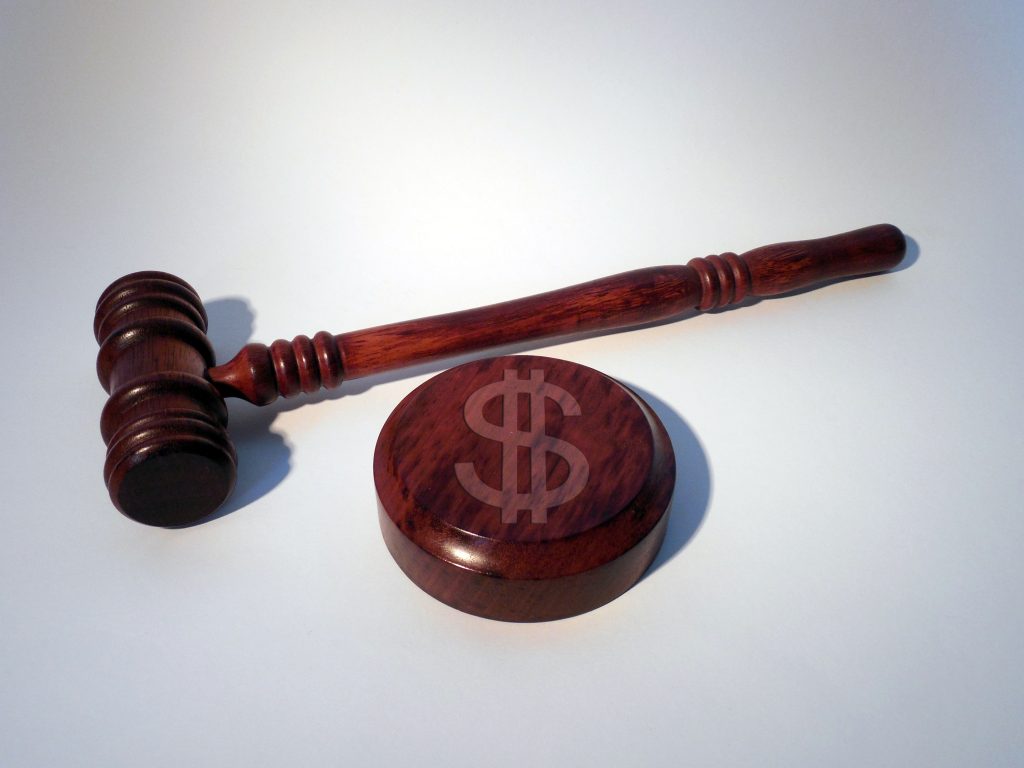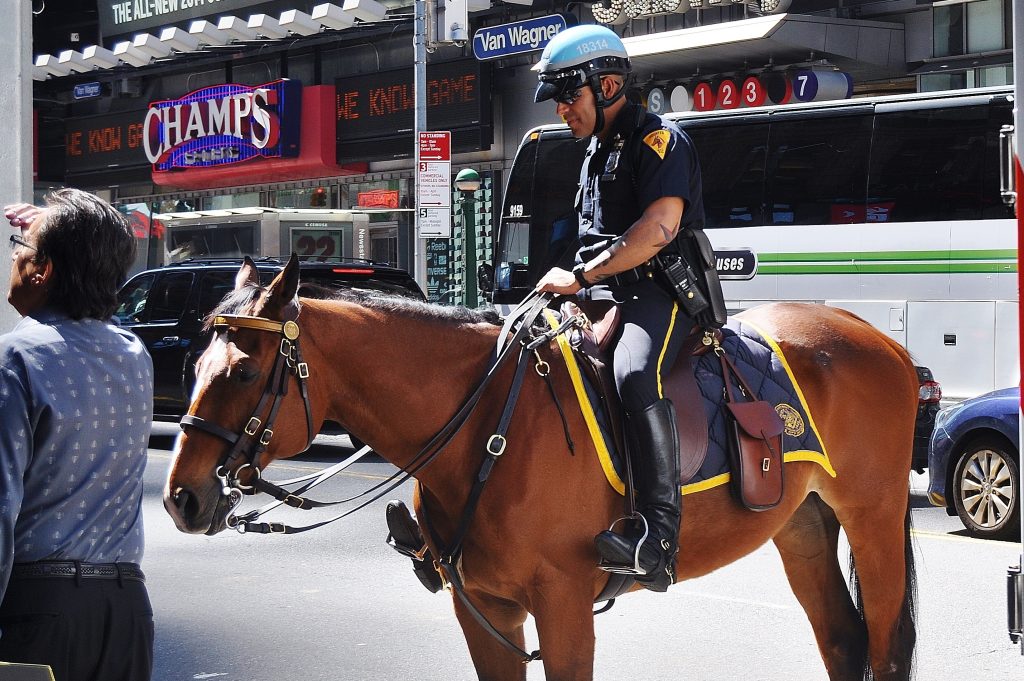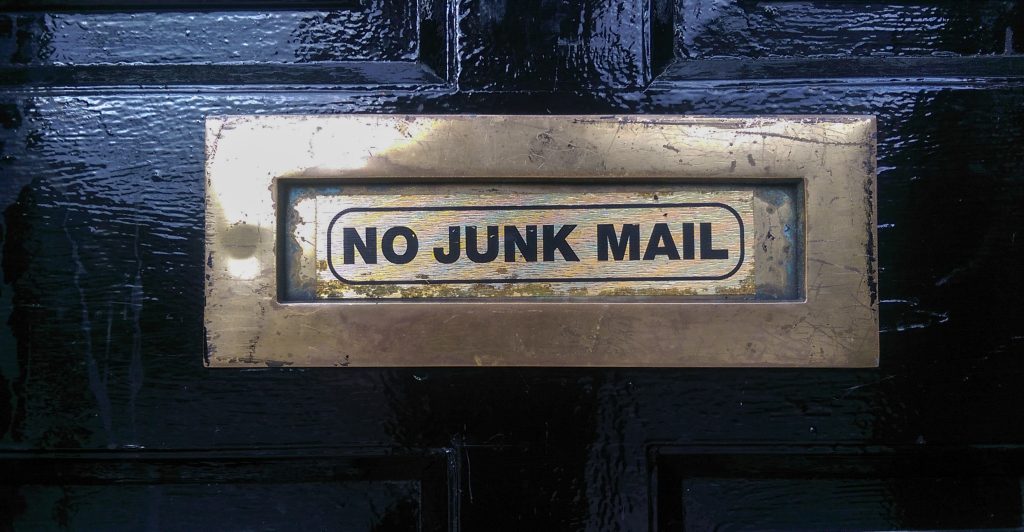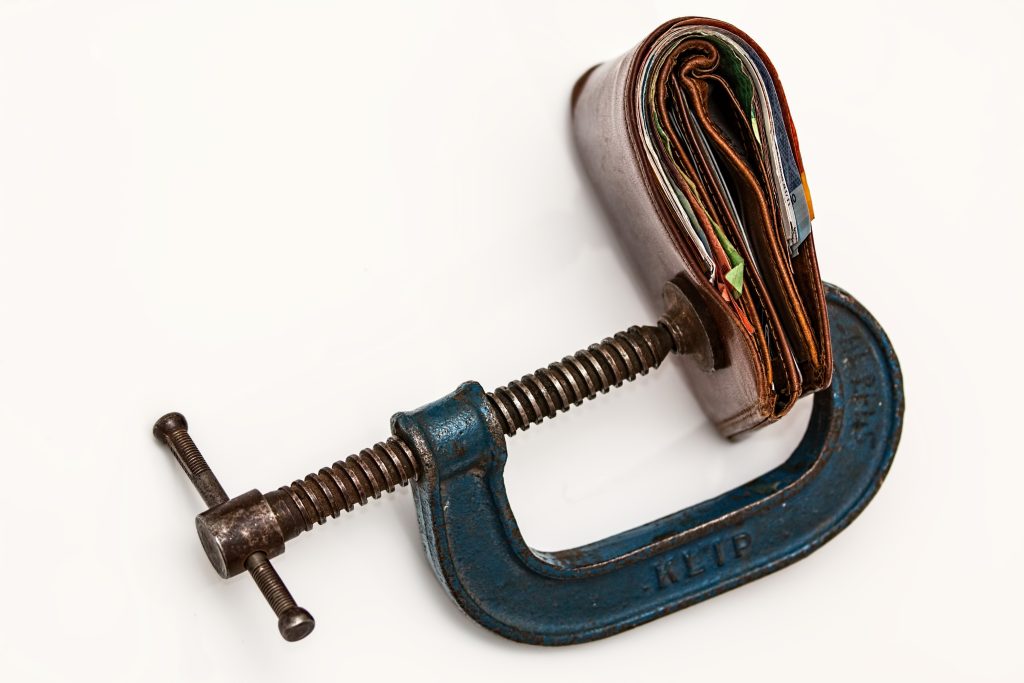 If you sign a settlement agreement, you might feel relieved that you no longer have to go to trial. After all, settlements are generally thought to save you the time and expense of going to trial. But what happens if the other side fails to pay you the settlement funds by the terms of the settlement agreement?
If you sign a settlement agreement, you might feel relieved that you no longer have to go to trial. After all, settlements are generally thought to save you the time and expense of going to trial. But what happens if the other side fails to pay you the settlement funds by the terms of the settlement agreement?
Rapheal Guillory was injured while working at R&R Construction. He initially received workers’ compensation benefits, but they were eventually terminated. After his benefits were terminated, he filed a lawsuit against R&R, seeking his benefits, penalties, and attorney fees. Before the case went to trial, the parties settled. Under the settlement agreement, R&R agreed to pay Guillory a lump sum payment for the settlement amount by a set date. The workers’ compensation judge approved the settlement agreement.
After the agreed-upon date for R&R to pay Guillory, R&R’s attorney delivered to Guillory’s attorney two checks, a release, and dismissal. However, the checks included language that Guillory claimed imposed improper conditions on receiving the settlement funds that were not part of their settlement agreement. Later, R&R paid the required expenses, but the check also included conditional language.
 Louisiana Personal Injury Lawyer Blog
Louisiana Personal Injury Lawyer Blog


 What happens if you decide to switch attorneys partway through a lawsuit? If you are involved in a lawsuit involving multiple attorneys, you must understand all applicable contracts. Otherwise, you might be involved in a lawsuit with your attorneys, just like Deborah and Mark Kruse found themselves here.
What happens if you decide to switch attorneys partway through a lawsuit? If you are involved in a lawsuit involving multiple attorneys, you must understand all applicable contracts. Otherwise, you might be involved in a lawsuit with your attorneys, just like Deborah and Mark Kruse found themselves here. Picture this: you’ve just bought a new condo, envisioning a future filled with joyful moments shared with loved ones. But what happens when those dreams are shattered because the condo management company neglects essential repairs for years on end? Robert Jordan, a condo owner, experienced this very nightmare when he encountered a persistent water leak issue in his recently purchased unit. As the battle for justice unfolded, Jordan fought for his rights and the compensation he deserved.
Picture this: you’ve just bought a new condo, envisioning a future filled with joyful moments shared with loved ones. But what happens when those dreams are shattered because the condo management company neglects essential repairs for years on end? Robert Jordan, a condo owner, experienced this very nightmare when he encountered a persistent water leak issue in his recently purchased unit. As the battle for justice unfolded, Jordan fought for his rights and the compensation he deserved. Imagine you’re in a nail-biting poker game, where every decision could tip the balance between winning and losing. Suddenly, one player reveals a Royal Flush—an unbeatable combination. This tension-filled scene mirrors the legal drama between Greenfield Advisors LLC, a consulting firm from Seattle, and Salas & Co., LC, over a significant unpaid debt. In the legal world, invoking the Full Faith and Credit Clause was Greenfield’s equivalent of a Royal Flush, a powerful play with wide-ranging implications. This legal gambit’s riveting repercussions underline the robust judicial principle of full faith and credit. In the case, the Louisiana Fourth Circuit Court of Appeal affirmed the State District Court’s decision that the judgments against the Appellants were entitled to full faith and credit.
Imagine you’re in a nail-biting poker game, where every decision could tip the balance between winning and losing. Suddenly, one player reveals a Royal Flush—an unbeatable combination. This tension-filled scene mirrors the legal drama between Greenfield Advisors LLC, a consulting firm from Seattle, and Salas & Co., LC, over a significant unpaid debt. In the legal world, invoking the Full Faith and Credit Clause was Greenfield’s equivalent of a Royal Flush, a powerful play with wide-ranging implications. This legal gambit’s riveting repercussions underline the robust judicial principle of full faith and credit. In the case, the Louisiana Fourth Circuit Court of Appeal affirmed the State District Court’s decision that the judgments against the Appellants were entitled to full faith and credit. Pregnancy invariably alters a woman’s life. The process is physically demanding and disruptive, but do these challenges entitle a female employee to disability status under the law? According to a recent Slidell, Louisiana lawsuit, pregnancy is not considered a disability under Louisiana employment discrimination law.
Pregnancy invariably alters a woman’s life. The process is physically demanding and disruptive, but do these challenges entitle a female employee to disability status under the law? According to a recent Slidell, Louisiana lawsuit, pregnancy is not considered a disability under Louisiana employment discrimination law.  Every day, individuals rely on the court system to resolve disputes, to ensure due process, and to serve justice. Individuals who are victims of an accident and suffered injury often need the courts to be restored to their previous condition. However, when a court issues an unclear final judgment, you need an excellent attorney to assist in sorting through the confusion and helping you find relief.
Every day, individuals rely on the court system to resolve disputes, to ensure due process, and to serve justice. Individuals who are victims of an accident and suffered injury often need the courts to be restored to their previous condition. However, when a court issues an unclear final judgment, you need an excellent attorney to assist in sorting through the confusion and helping you find relief. Dealing with the elements is an inherent part of construction work. Yet, sometimes the elements get unexpectedly unruly. This is where insurance is supposed to step in and compensate for delays or damage. In the following case, however, overlapping insurance policies made determining who should step up difficult.
Dealing with the elements is an inherent part of construction work. Yet, sometimes the elements get unexpectedly unruly. This is where insurance is supposed to step in and compensate for delays or damage. In the following case, however, overlapping insurance policies made determining who should step up difficult.  Workplaces have rules employees must follow. Termination for violation of these rules must be in good faith. What happens when an employee argues he was fired arbitrarily? The following case helps answer this question.
Workplaces have rules employees must follow. Termination for violation of these rules must be in good faith. What happens when an employee argues he was fired arbitrarily? The following case helps answer this question.  We can all relate to the embarrassment of hitting “reply all” on an email only intended for a smaller audience. Although usually “replying all” just results in embarrassment that eventually subsides, sometimes it can lead to more severe actions, such as losing your job.
We can all relate to the embarrassment of hitting “reply all” on an email only intended for a smaller audience. Although usually “replying all” just results in embarrassment that eventually subsides, sometimes it can lead to more severe actions, such as losing your job.  For purposes of seeking an appeal, there is great importance in preserving the record, which may be done through admitting evidence at trial to support relevant claims. When the record has not been established at trial, it is difficult for the best attorneys to succeed on appeal. William Taylor (Mr. Taylor), the plaintiff in his case brought against Hanson North America (Hanson), ran into this evidentiary legal hurdle when he appealed the Office of Workers’ Compensation (OWC) decision denying his motion to Louisiana’s First Circuit Court of Appeal.
For purposes of seeking an appeal, there is great importance in preserving the record, which may be done through admitting evidence at trial to support relevant claims. When the record has not been established at trial, it is difficult for the best attorneys to succeed on appeal. William Taylor (Mr. Taylor), the plaintiff in his case brought against Hanson North America (Hanson), ran into this evidentiary legal hurdle when he appealed the Office of Workers’ Compensation (OWC) decision denying his motion to Louisiana’s First Circuit Court of Appeal.